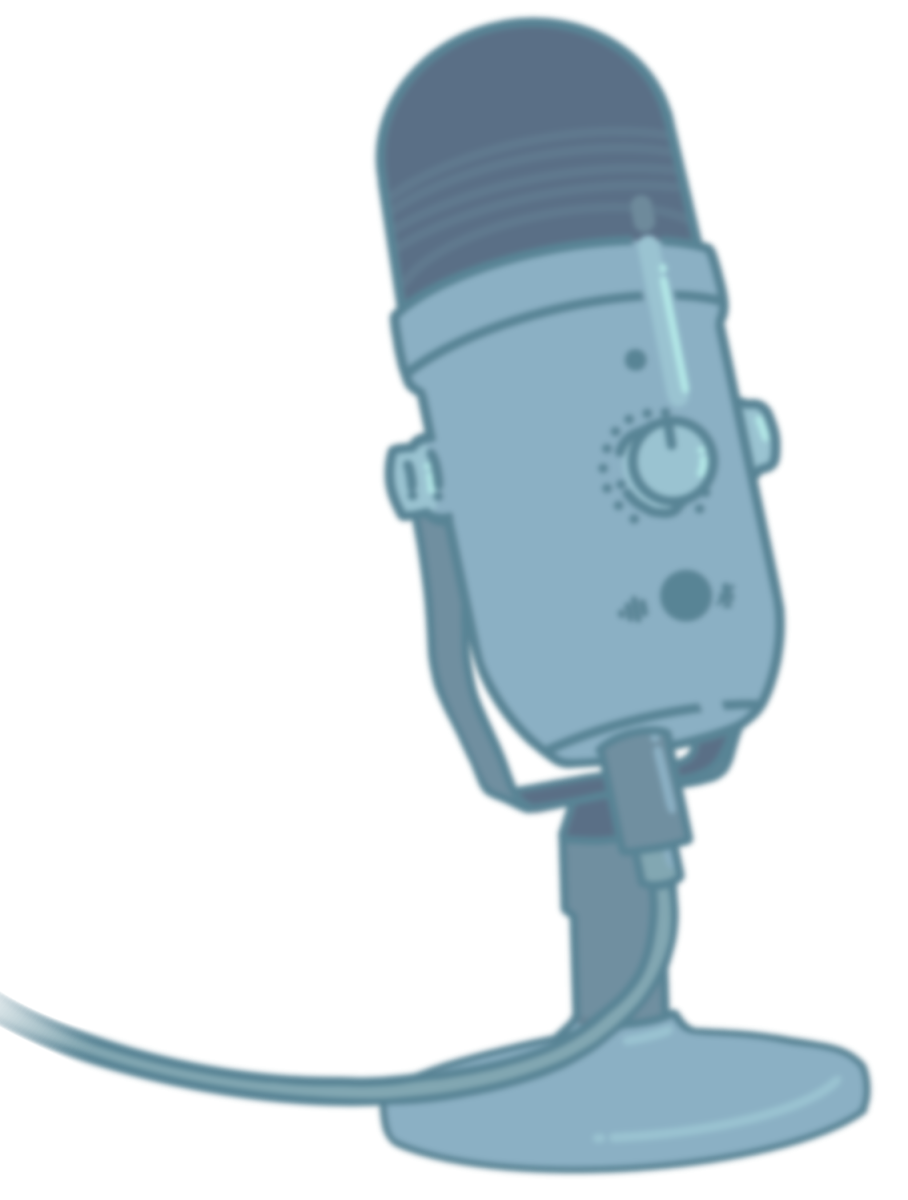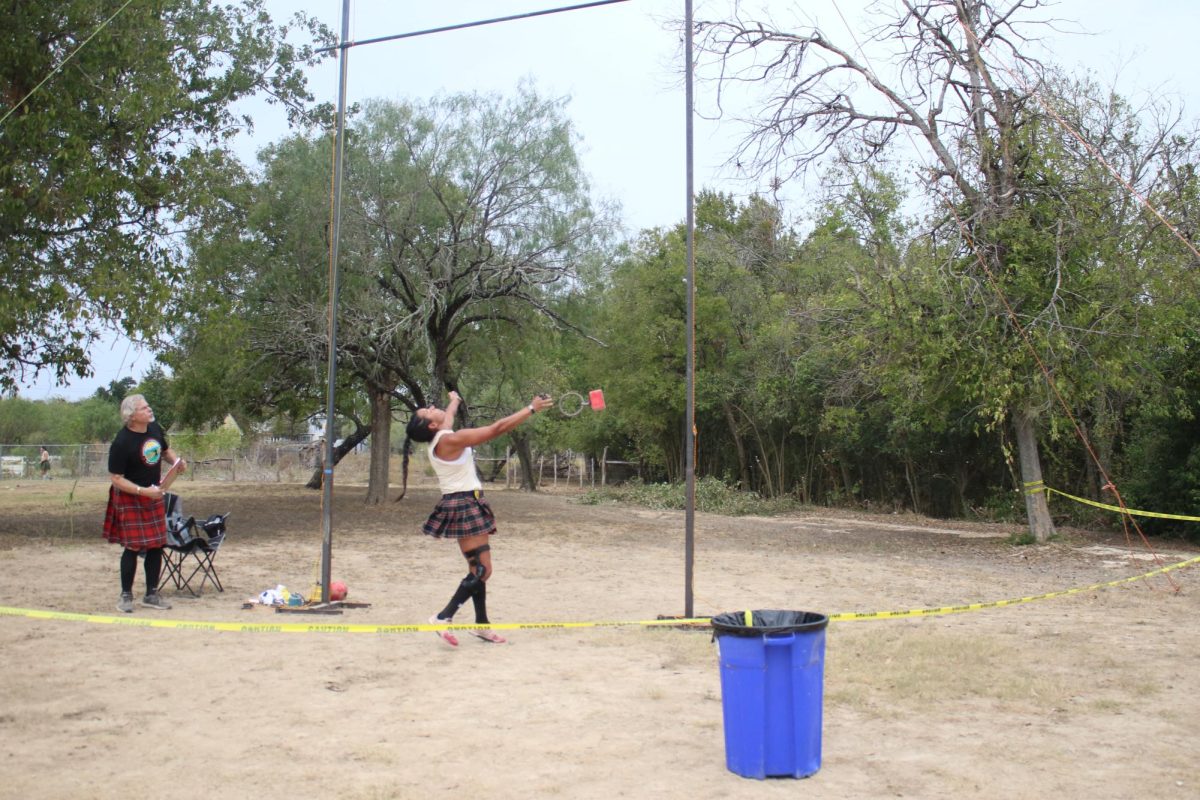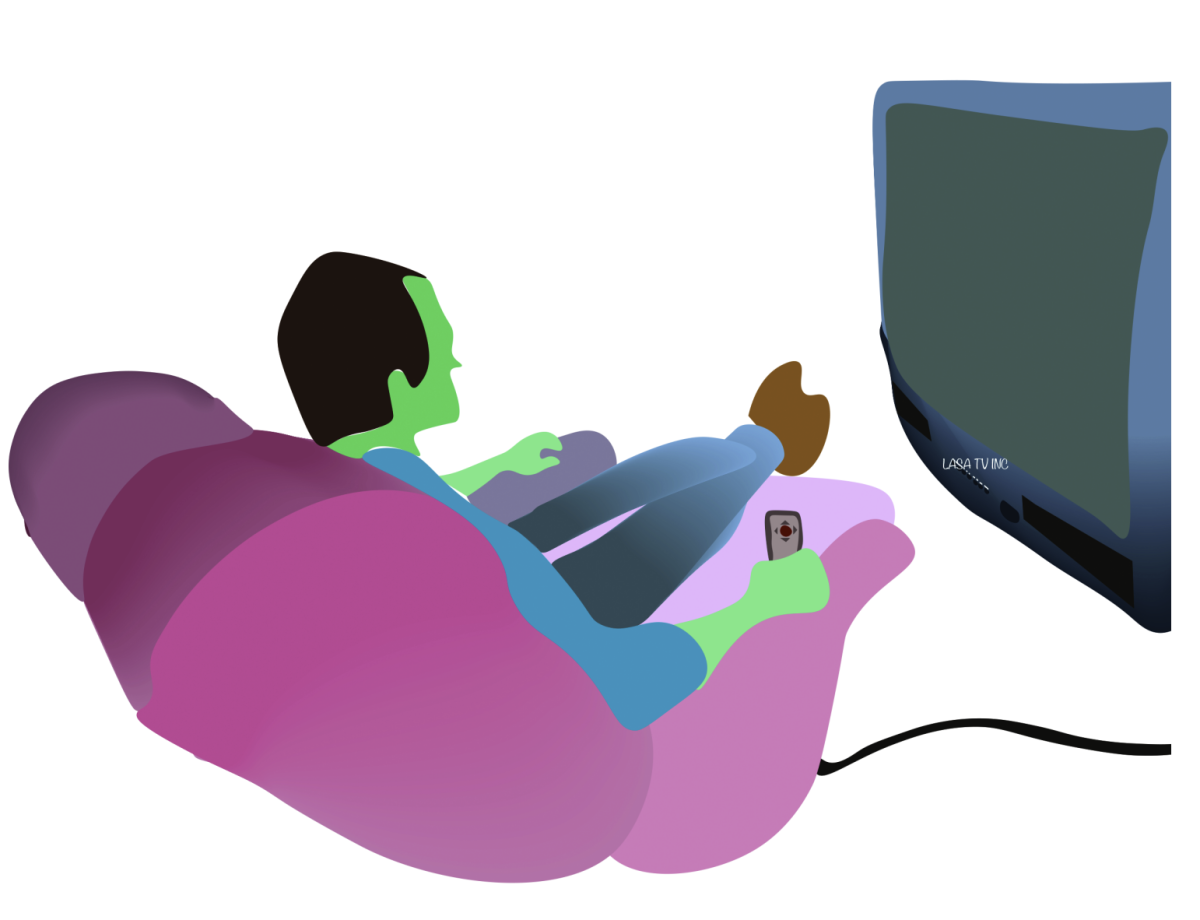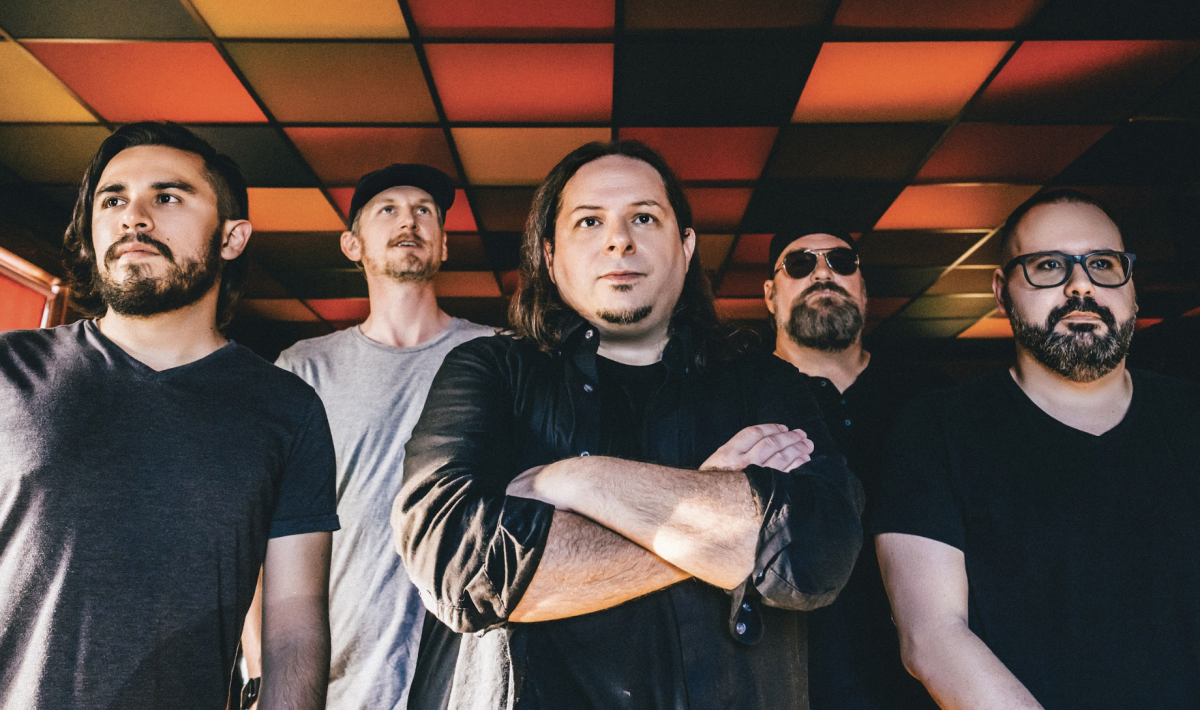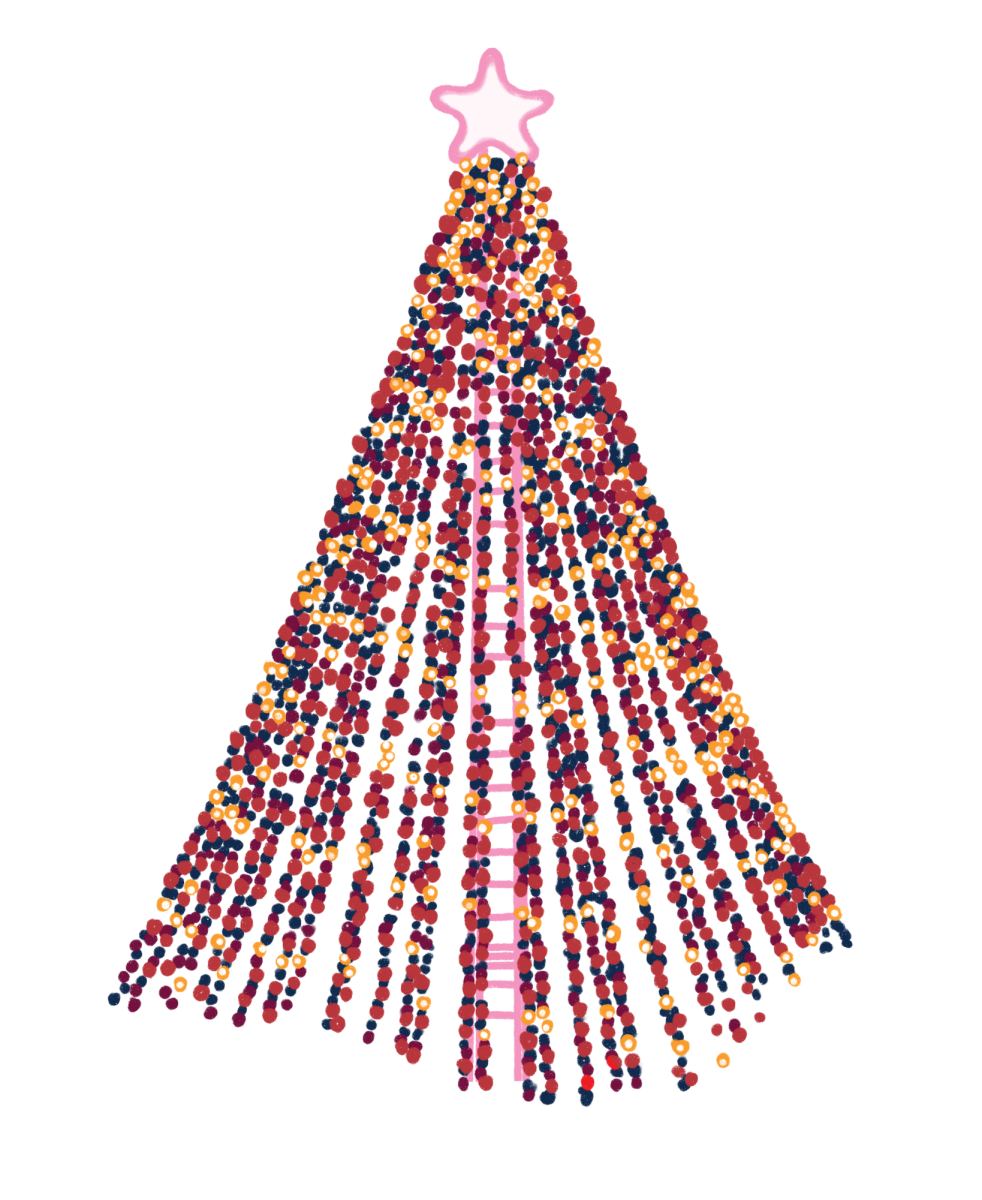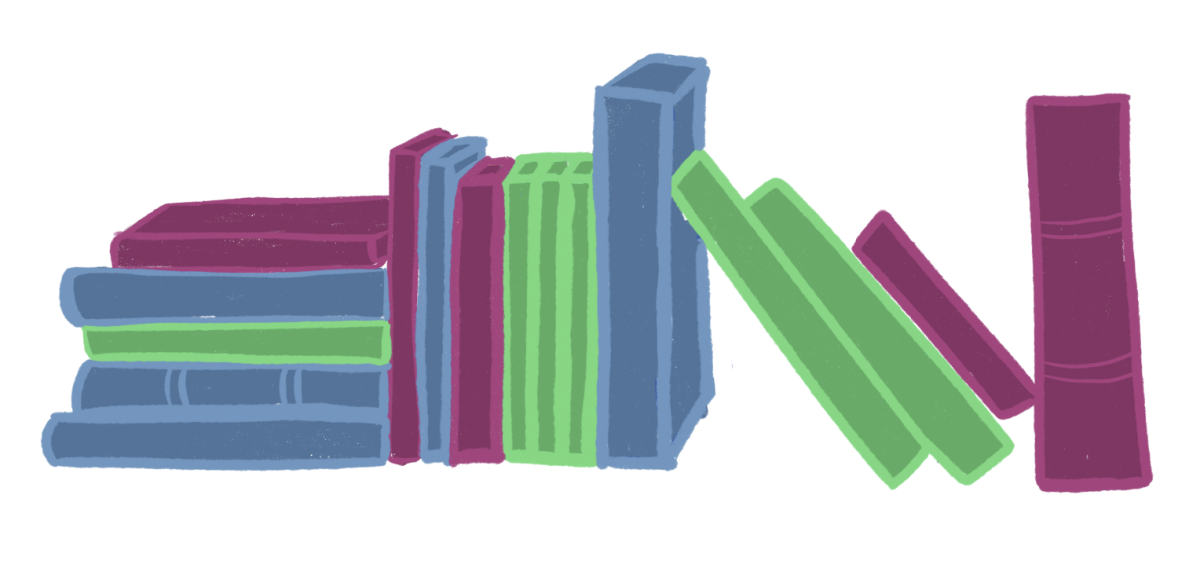From influencers like Emma Chamberlain to news outlets like the New York Times, delving into the world of podcasting has become a dominant form of entertainment in an increasingly connected world. According to the Pew Research Center, 64% of Americans 12 and older have listened to a podcast in their lifetime, over double the statistic from just a decade ago. Additionally, Spotify reports having over 5 million podcasts on the platform. This data tells a story: podcasts are quickly becoming a popular medium. LASA sophomore Beatrice Klein started a podcast in spring of 2023 with her friend Vivien Loving. The podcast is titled “YOLO” and was made with that sentiment in mind, according to Klein.
“In English, we had a podcast project, and they mentioned that you could enter an NPR contest,” Klein said. “So we decided we should enter the contest. And then, while we’re at it, [we decided] let’s just start a podcast because YOLO. You only live once, so you may as well make a podcast.”
Klein believes many influencers have followed the trend of making a podcast, as they see how much people enjoy them. According to her, as podcasts provide a deeper look into the lives of people who are seen mostly in short form content, they feel more fulfilling.
“I think that in our day and age right now, all the social media is very fast, just like one or two pictures or 15 second video, but podcasts are long form,” Klein said. “They [podcasts] enrich you, they give you information, and they’re entertaining. So I think podcasts make you feel kind of productive in a way but also you’re able to consume media.”
Gio Rangel and Jared Reyes are seniors at LASA and hosts of the newly released podcast Chistes y Chismes, a name that translates to “Jokes and Gossip”. Their podcast focuses on making listeners feel like they are a part of the conversation.
“I think the appeal is if you’re in a third point of view and you’re in the middle of a friend group that’s just having a conversation,” Reyes said. “I think that’s the main point of it, that we’re trying to replicate what a normal conversation with high school kids would probably sound like.“
The appeal of having a point of view on a conversation is a sentiment that can apply to podcasts in general. Making these podcasts can be a long process that normally involves many people and a lot of post-production. Matt Cooper is a producer who used to work on the Kirkus Reviews podcast Fully Booked.
“To record a podcast, you need to have some kind of software,” Cooper said. “And when you’re dealing with writers and hosts and talent, the engineering side is not usually their strong point. So they need someone else, who’s usually called a recording engineer, to push the buttons, hit record, connect everyone, and make it sound as good as it can.”
According to Cooper, the quality of a podcast can be increased through the side of the medium less seen: engineering and production. He believes the versatility of podcasts is one of the many appeals of this type of medium.
“You can find a podcast that suits the amount of time you have to drive to school, or work or a podcast you like listening to when you go to bed at night that just kind of lulls you into sleep, or something to pass the time when you’re on an airplane,” Cooper said.
Podcast development is a talent to be learned, according to Cooper. He believes seemingly small factors can dictate whether a podcast can draw more interest and more listeners.
“The guests are going to be what makes it popular, so your host needs to just kind of have a talent for the medium,” Cooper said. “And you can always teach that skill, it’s kind of a combination of their personality, the sound of their voice, and the engaging things they say. Those are the types of things that people relate to, and why people want to keep listening to certain personalities over and over.”
Klein and Loving drew inspiration for their podcast from the popular podcast from internet personality Emma Chamberlain “Anything Goes,” which draws people in with its comfortable chatty feel. Klein believes that for a podcast to work, you need to be interested in what you are talking about, and be able to talk comfortably for long periods of time.
“I think that you should talk about stuff that’s engaging to your audience, but also something that interests you,” Klein said. “Because if you’re not in the podcasting groove, then it’s not going to be interesting to yourself, or the person listening.”
That’s not to say people can’t make their own podcasts without that experience. In fact, LASA has recently gained its very own podcast club, which meets in room 406 during lunch on Mondays. All it really takes to make a podcast is to get the courage to pick up a microphone and record yourself talking about something that you are passionate about, according to the hosts of Chistes y Chismes. For Rangel, this is “the passion for talking to other people.”
“We had thought about this before, like Gio [Rangel] said, in previous years,” Reyes said, “but we took it more seriously this year, and we just got our computer and just did it.”
Since the interview, new episodes have continued to be released, furthering this passion. Whether it’s a full-time job or a passion project, podcasts continue to proliferate in modern society.
“I think podcasts are as popular as they ever were,” Cooper said. “They haven’t seen any leveling off of podcasts. So, anyone who is interested in creating their podcast, I think they should give it a shot.”


